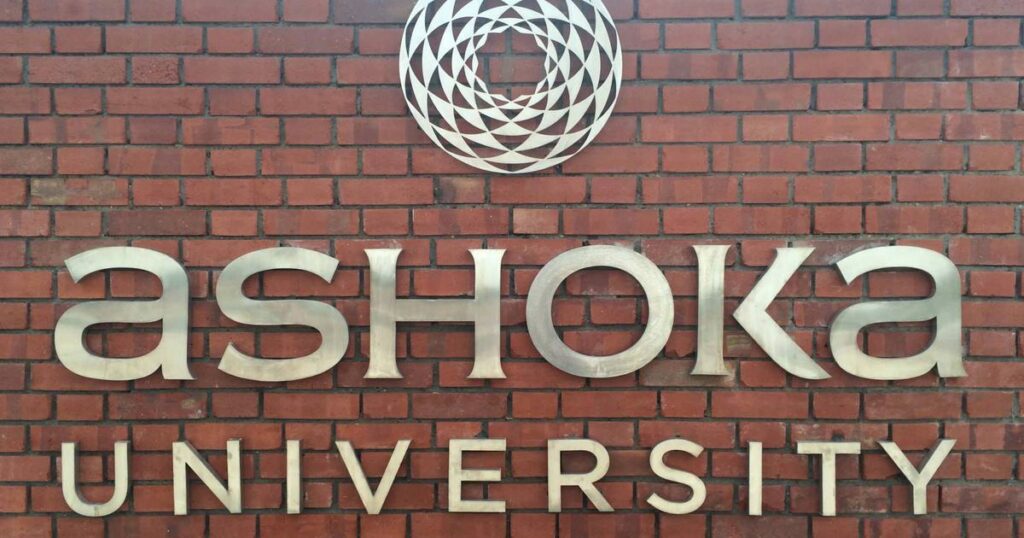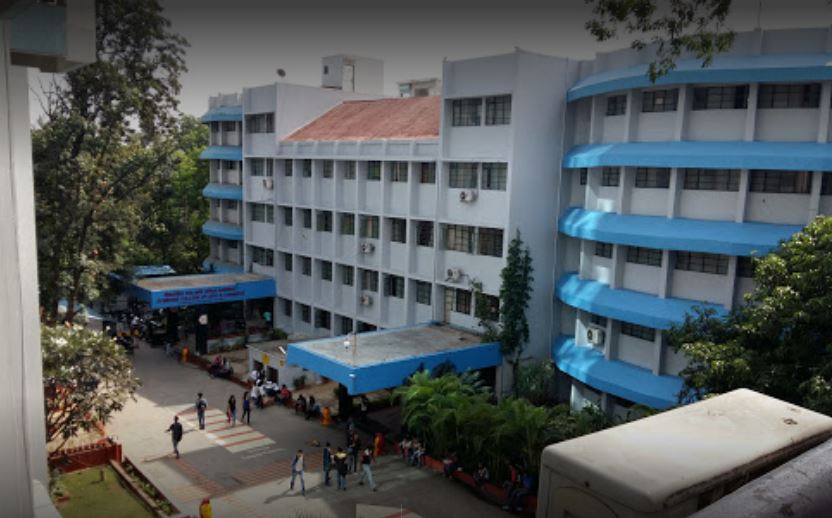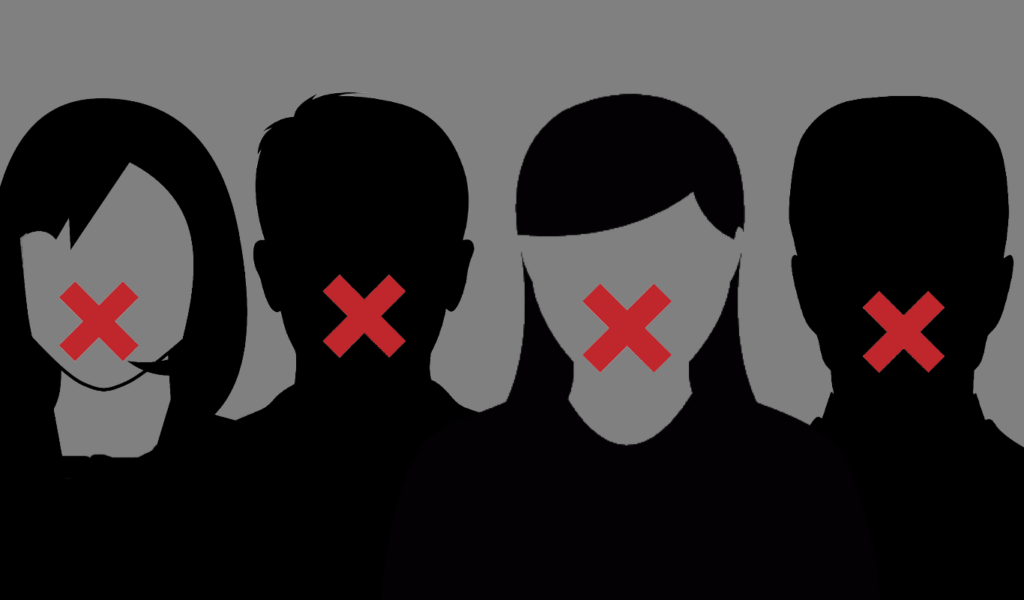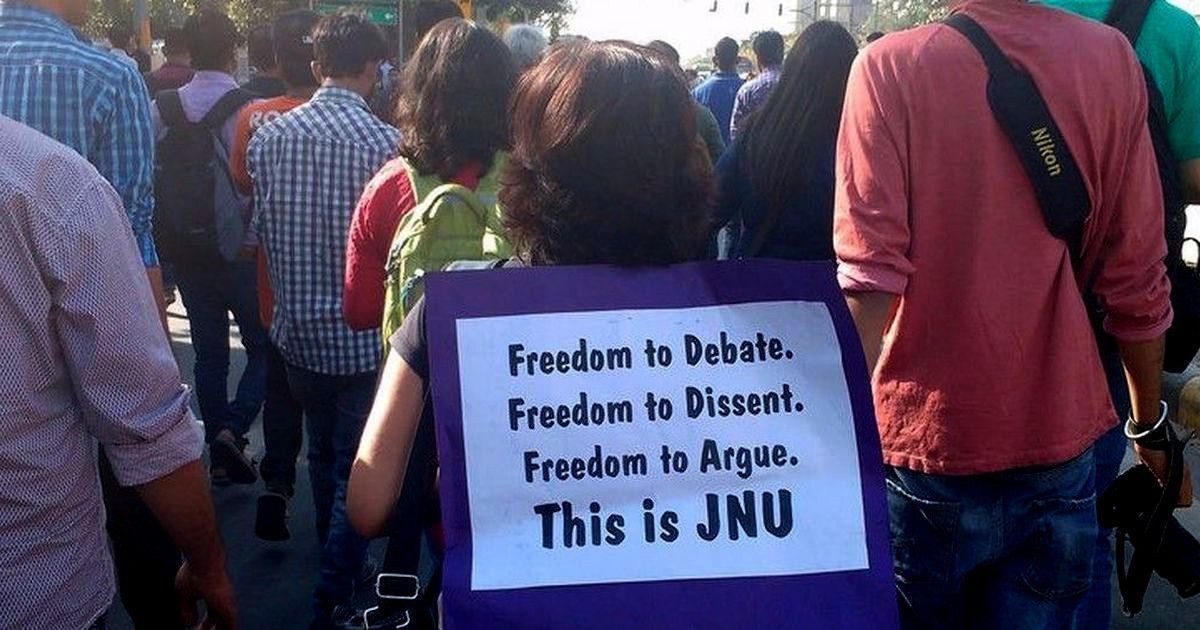The 25th of July seems to have been a sad day for academic freedom in India, as the right-wing’s troll army reared its heads. Two academics, one an Economics professor at Ashoka University and the other a professor of Hindi became unfortunate victims of massive trolling on Twitter and other social media platforms. Labels and terms such as ‘anti-national,’ and ‘seditious,’ were thrown around in both (decidedly separate) instances.
Ashoka professor heavily trolled
On July 25th, Sabyasachi Das, an Assistant Professor of Economics released a working research paper titled Democratic Back-sliding in the World’s Largest Democracy. The manuscript was shared via the Social Science Research Network, a pre-print repository intending to bridge the wide chasm between working papers in various stages of pre-publication, and published papers that have already encountered a rigorous peer review procedure.
In a 50-page manuscript, Das levels serious claims against the current ruling party, particularly concerning electoral practices. In his abstract, Das claims that his paper attempts to contribute to the global discourse regarding concerns about “democratic backsliding,” by presenting irregular patterns in the 2019 General Elections in India. Das further says that there have been primarily two reasons ascertained for this data phenomenon: the more ‘innocent,’ idea of the incumbent party’s ability to make precise predictions and then affect win margins solely via campaigning, with the other possibility lending evidence towards electoral manipulation.

Compiling several datasets on election results from 1977 to 2019, national election surveys, turnout data for 2019, and other new datasets, Das makes a compelling case that points towards serious electoral manipulation in the case of closely contested constituencies. Das further argues that this manipulation seems to be targeted specifically toward Muslim citizens, a community that constitutes India’s largest minority. It is no secret that Governmental policy has recently seen a marked shift towards anti-secularism and decided Islamophobia.
In such a political milieu, such claims are concerning. It was not surprising to many then, that Das’ working paper with its weighty implications, found itself at the centre of violent social media discourse. Many claimed his work to be seditious and ill-founded, while others resorted to issuing threats to his life and safety. Academic discussions on the findings of the paper and colleagues who offered constructive critique on Das’ methodology were drowned out in the din, as the conversation completely shifted from the crux of the matter.
Pune teacher arrested after viral video
On the same day, Ashok Sopan Dhole, a faculty member of the Symbiosis College of Arts and Commerce, was covertly recorded by a student talking to his class about multiple Hindu deities in comparison with the monotheism in Christianity and Islam. The video quickly went viral on social media, with divided public opinions. An overpowering majority, however, interpreted Dhole’s comments as seditious and aimed to purposefully hurt Hindu sentiments. The digital debate rapidly turned into a dire situation for Dhole as a police case was filed under Section 295A of the Indian Penal Code.

Based on this complaint levied by one Mr Ravindra Padwal, a member of the Samasat Hindu Bhavan, Dhole was arrested and charged with intent to outrage religious sentiment. This offence is punishable by up to three years of imprisonment, a hefty fine amount, or both.
While the heavy social-media involvement in both these cases, along with heavy trolling that seems to have escalated matters and even distorted narratives was anticipated by previous precedents, what became seriously shocking was the agility with which both the concerned academic institutions moved to distance themselves from the respective faculty members.
Before his arrest, however, Dhole spoke to a leading media platform clarifying his intent with the brief statements he makes in the video. He makes the comparison in the context of the Bhakti tradition, a Hindu school of thought in which the main philosophy calls for a singular, overarching God that can be worshipped with or without physical attributes. Even though the analogy Dhole is heard to have made in the video is not particularly incriminating by itself, the context he provides further clarifies that his statements were well-intentioned.
While the heavy social-media involvement in both these cases, along with heavy trolling that seems to have escalated matters and even distorted narratives was anticipated by previous precedents, what became seriously shocking was the agility with which both the concerned academic institutions moved to distance themselves from the respective faculty members.
Ashoka and Symbiosis pull back
In response to the outlast surrounding the paper, Ashoka University’s administrative staff took to Twitter to make their official statement. The tweet begins with:
‘Ashoka University is dismayed by the speculation and debate around a recent paper by one of its faculty members (Sabyasachi Das, Assistant Professor of Economics) and the university’s position on its contents.’
Many associated with the administrative body at Ashoka retweeted this declaration, most notably the co-founder of the university, Sanjeev Bikhchandani, who is also the founder of Info Edge Ltd.
In a similar manoeuvre, Symbiosis promptly suspended Ashok Dhole the same night that the matter was brought to their notice. Dr Vidhya Yeravdekar, principal director of the Symbiosis Society and Pro-Chancellor of Symbiosis International University, said, ‘As the institution is a grant-in-aid college, we have to follow government norms. A committee has been formed to take necessary action.’
In both instances, both the academic institutions that once prided themselves on quality higher education, have been quick to disassociate from the controversies.
Many netizens, enraged by not just merely the lack of support, but the withdrawal of any that existed in the first place, expressed their sentiments online, on the same Twitter threads. Many of these tweets made in solidarity were also responded to with hate comments of their own. But as serious as these incidents are, and as well as they serve to be reminders of the continuous censure of even well-intentioned free speech, they are not the first.
Academic freedom in India under attack
Largely speaking, academic freedom can be understood as a subset of the wider tenet of freedom of expression. Academic institutions and universities are constructed to function as a marketplace of ideas, where thoughts and viewpoints can be freely exchanged even when they are a threat to the political order of the time.
Historically, voices of dissent and critique that have stemmed from well-read academics have been instrumental in preventing the misuse of power. There are considered limitations to academic freedom as well, and usually, discourse is regulated by setting academic conventions and standards within a discipline. The complete restriction of the spirit of academic inquiry, however, comes with the cost of mere stagnation in the best-case scenario, and mass destruction in the worst.

Academic freedom in India is now facing a definitive threat. Students, academics, and institutions, all remain at risk and many cower away from the truth of what it is they want to discuss, research, or teach. India’s position on the Academic Freedom Index, developed by the University of Gothenburg, shows a marked decline since 2014.
Since 2014, the Akhil Bharatiya Vishwa Parishad, the student wing of BJP’s parent organisation Rashtriya Swayamsevak Sangh, has insurmountably grown in power. Seemingly, university authorities bend at the will and fear of ABVP’s ‘public,’ demonstrations, often violent and threatening.
Even in the past, events such as film screenings, discussions, and even vigils on ‘sensitive,’ topics such as Kashmir or North-East India, have been disallowed by campus administration based on threats issued by the ABVP. Students and faculty members have been denied the right to exchange ideas that an external entity observes to be ‘controversial.’ It is no doubt that ABVP’s ability to influence campus politics like thus has sharply increased with BJP’s rise to power in 2014.

When retaliatory force is used in the means of peaceful student protests and civil disobedience, student leaders and activists are arbitrarily booked under sedition charges, drawing from sections of the Unlawful Activities (Prevention) Act. This is India’s anti-terror legislation, which has been previously used to charge condemned terrorists like. Bail is, of course, difficult, and many like Umar Khalid continue to remain imprisoned under this act.
In the 21st century then, India’s famed wheels of justice have taken a sour turn to the right. Visibility so, discourse is being shut down in the country, whether it is through using trolls and bots to flood social media, or manipulating constitutional and judicial remedies. This is the promise of the ‘New India,’ then, where dissent can only ever achieve one aim: detainment.
About the author(s)
Ananya is a writer and researcher of all things literature. With a particular emphasis on film, gender, and sexuality, she is great at curating the perfect movie night, but when it comes to life itself, she's still figuring out the script.






yes! it is very important that full freedom is given to academic institutions in today’s age. today’s young students are tomorrow’s leaders!!!